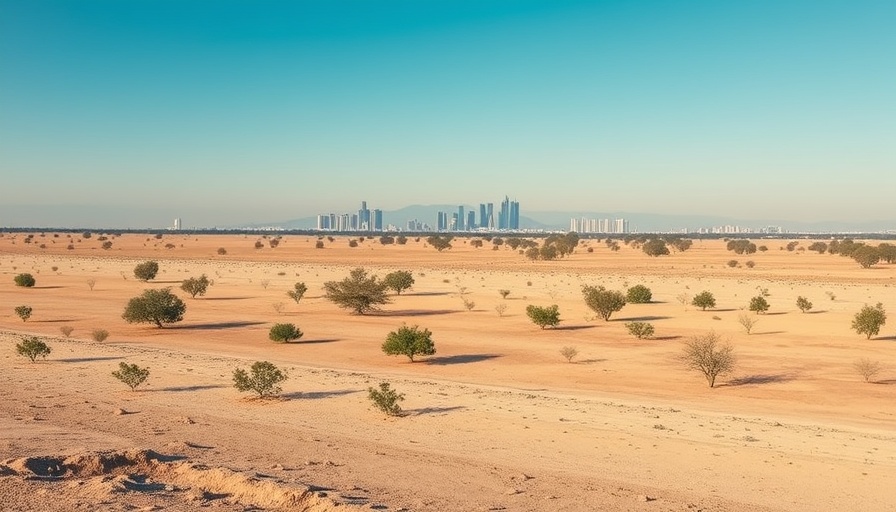
Reimagining Park Hill: A Community-Driven Vision
The future of the former Park Hill Golf Course is now in the hands of the community. As the City of Denver opens a community survey to gather ideas, residents are encouraged to dream big about how this sprawling 155-acre space can serve them. With a rich history and potential for a vibrant future, opportunities abound—not just for park development but for reestablishing a community haven in a post-pandemic world.
The Urgency of Community Input
Launching a community survey underscores a broader trend where local governments are seeking direct input from citizens before finalizing plans for public spaces. It reflects a growing recognition that citizens often have the best insights into their own needs. Whether it's adding sports facilities, walking trails, or community gardens, the Park Hill redevelopment offers a blank canvas waiting for community brushstrokes.
Park Hill's Cultural Significance and Future Potential
Located in a historically diverse neighborhood, the Park Hill Golf Course holds cultural significance for many. Its future development could not only enhance recreational options but also pay homage to the community’s rich heritage. Historical data indicates that effective community parks can enhance local pride, foster social connections, and even improve mental health by promoting outdoor activities, making it vital to consider these factors as planning moves forward.
Engaging Families: More Than Just a Golf Course
The initial concept of turning the former golf course into a park serves more than just golfers; it appeals to families, sports enthusiasts, and nature lovers alike. Parents are increasingly looking for outdoor spaces where children can play and engage in physical activities. Denver’s commitment to enhancing recreational facilities will resonate well with families eager to find safe, fun environments for their children post-COVID.
Forecasting the Future: Possible Features and Activities
Imagining the future Park Hill park leads to an exciting array of possibilities. Think of multi-purpose sports fields for soccer, basketball, and baseball, dog parks for furry family members, and serene walking paths. There could also be spaces allocated for community events which would foster engagement and promote local arts and wellness fairs. Featuring gardens, picnic areas, and educational spaces about native plants and wildlife also stands to benefit local ecology and education.
The Power of Collaboration with Local Organizations
Collaboration with local non-profits and sports organizations can transform Park Hill further by integrating programs that promote community wellness and recreation. There are emerging partnerships with running clubs, youth sports leagues, and environmental groups that could facilitate a holistic approach to creating a recreational space that meets diverse community needs.
What Comes Next? Making Voices Heard
As Denver opens the floor for ideas, it’s crucial for community members to participate actively in the survey. The city has set up platforms for feedback, and engagement through social media can also amplify the local voice. By ensuring diverse opinions are heard, Denver can craft a park that not only accommodates various activities but also embraces the spirit of Park Hill.
Conclusion: A Collective Opportunity
The transformation of the former Park Hill Golf Course represents a significant opportunity for innovation, creativity, and community input. It is more than just a space; it's a chance to foster connection, promote health, and honor the history of a beloved area. As the community unites to share ideas, the collaborative spirit will undoubtedly shape a park that reflects Denver’s vibrant culture and diverse needs.
 Add Row
Add Row  Add
Add 




Write A Comment